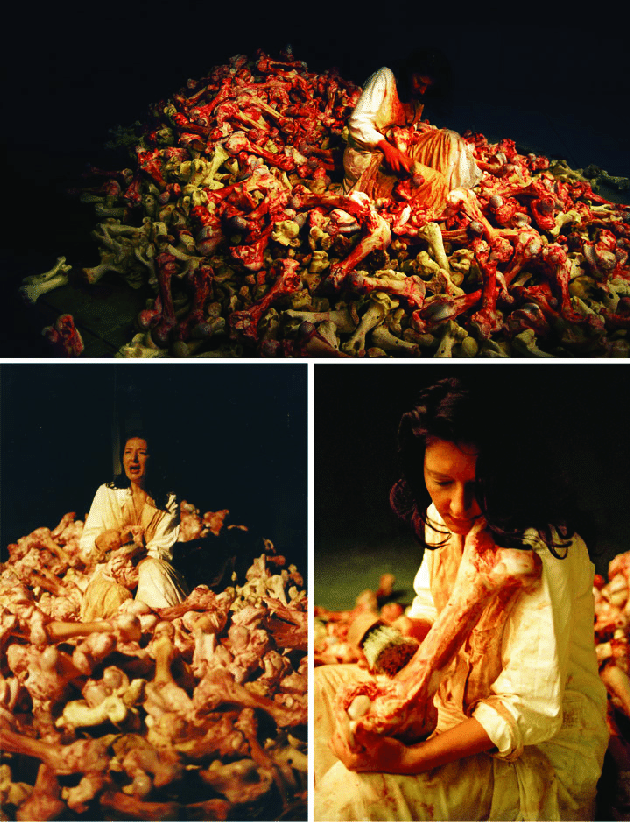Zelensky Reveals His True Colors with the Controversial Choice of Marina Abramovic
In the game of international politics and diplomacy, every decision sends a message, every appointment a statement of intent. When President Volodymyr Zelensky of Ukraine appointed Marina Abramovic as the Ambassador to rebuild educational institutes, it wasn't just a simple administrative move. It was a signal, and for

In the game of international politics and diplomacy, every decision sends a message, every appointment a statement of intent. When President Volodymyr Zelensky of Ukraine appointed Marina Abramovic as the Ambassador to rebuild educational institutes, it wasn't just a simple administrative move. It was a signal, and for many, a deeply troubling one.
Delving Into The Controversial Realm of Abramovic
Marina Abramovic, globally acclaimed for her avant-garde performance art, has not steered clear of controversy. Some of her works, like the infamous "Spirit Cooking," seem to challenge societal norms and venture into what many see as occult rituals and satanism. While some argue that art should push boundaries, there is a difference between being provocative and being considered distasteful or even blasphemous.
Her piece, "Balkan Baroque," where she was seen washing 1500 cattle bones, may have been a political statement about the Yugoslavian wars. Still, its visceral nature, playing with human and animal remains, unquestionably provokes strong, often negative reactions.
Associations That Raise Eyebrows
Her associations further deepen the chasm of distrust. Photos with figures like Lord Jacob Rothschild and rumors linking her to the Clintons and the Gates have made her a lightning rod for conspiracy theories. And while no conclusive evidence exists to validate these theories, in the realm of public opinion, perception is often stronger than reality.
Zelensky's Statement of Intent
By placing Abramovic in a position of such prominence and responsibility, President Zelensky is surely making a bold statement. Is he championing the cause of modern art, or is he revealing a more sinister alignment? At a time when Ukraine seeks unity and rebuilding, choosing a figure as divisive as Abramovic seems counterintuitive, if not outright provocative.
The message here seems clear: Zelensky is willing to prioritize global recognition and edgy art over the more conservative and traditional values of many of his citizens.
In the end, Zelensky's choice of Abramovic will remain a hot topic of debate. While her contributions to art cannot be dismissed, her appropriateness for a position of national importance in Ukraine, given her controversial background, is highly questionable. The decision begs the question: What is Zelensky's true intent, and what does this reveal about his leadership?




